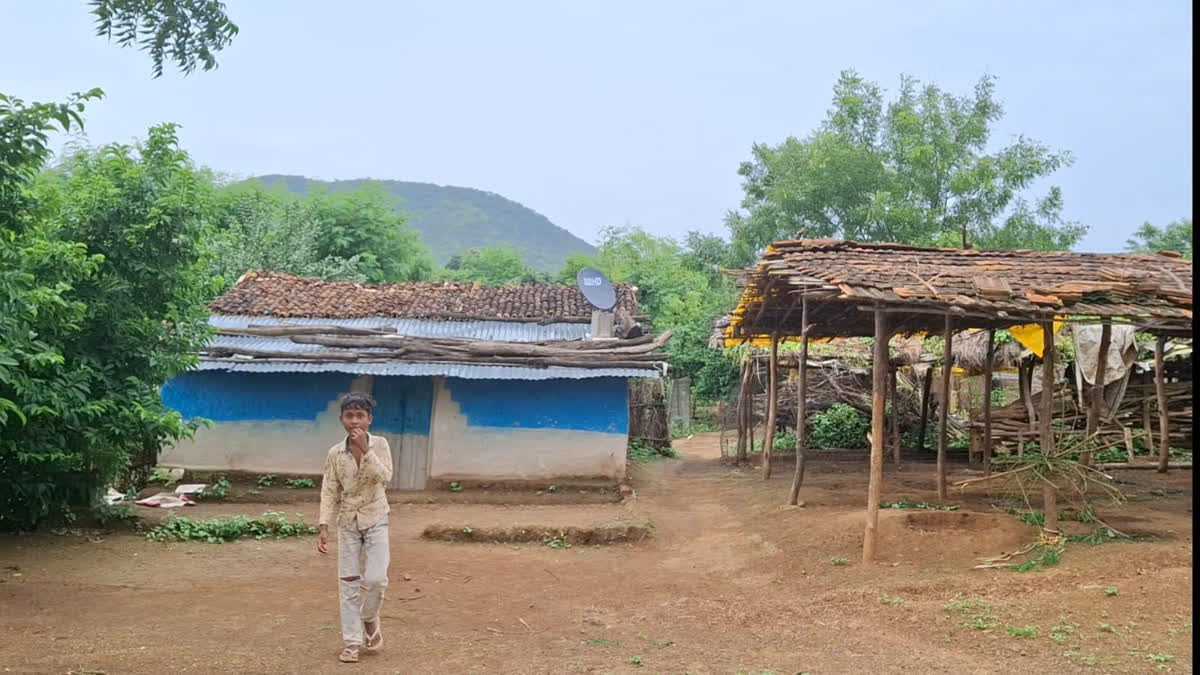Amravati: Well, life is not a bed of roses for everyone because not all are born with a silver spoon. Such is the life of 13-year-old Jigar from Melghat who lives alone in her ancestral house in the village of Jaitadehi. With no available source of income in the poverty-stricken village, this tribal boy's family shifted to Nashik and Pune to earn their livelihood, leaving their brother to the care of his grandmother and school teacher.
At an age when he is supposed to study, play, enjoy with friends and experience most of his childhood, he is mostly busy with household chores such as washing utensils, doing the laundry, filling water buckets and brooming the house.
However, Jigar is not the only one who is suffering like this. Hundreds of children from remote villages fall prey to this kind of lifestyle, where they miss out on the larger part of their innocence due to poverty.
Ishika, studying in class VI, is also suffering from a similar scenario. She lives with her uncle, aunt and younger brother while her mother is stationed at Aurangabad for work. Her mother had to move out for work after her father died three years ago.
Not treated well by their aunt and uncle, Ishika is mostly left to her own. Her sole responsibility lies in taking care of her brother and herself, besides helping her aunt with domestic chores.
Jigar studies in class VII at the Zilla Parishad School in Jaitadehi. His sisters quit school after the family experienced a financial blockage and moved outside to work.
The only relief for him is the mid-day meal served to him at 2 pm. "I cook khichdi on the days I do not go to school. Sometimes, my friends come to my house and we study together. We also play together in the evening," a smiling Jigar said.
Principal Ganesh Jamoonkar, and assistant teachers Jitendra Rathi and Shubhangi Yewle of Zilla Parishad Higher Primary School in Jaitadehi village try to attend to each student individually and find varied ways of supporting students whose parents live far away.
The mid-school meal scheme provides meals to students living alone at home. Often teachers bring two extra hives from their home and give them to these children.
Read More:



